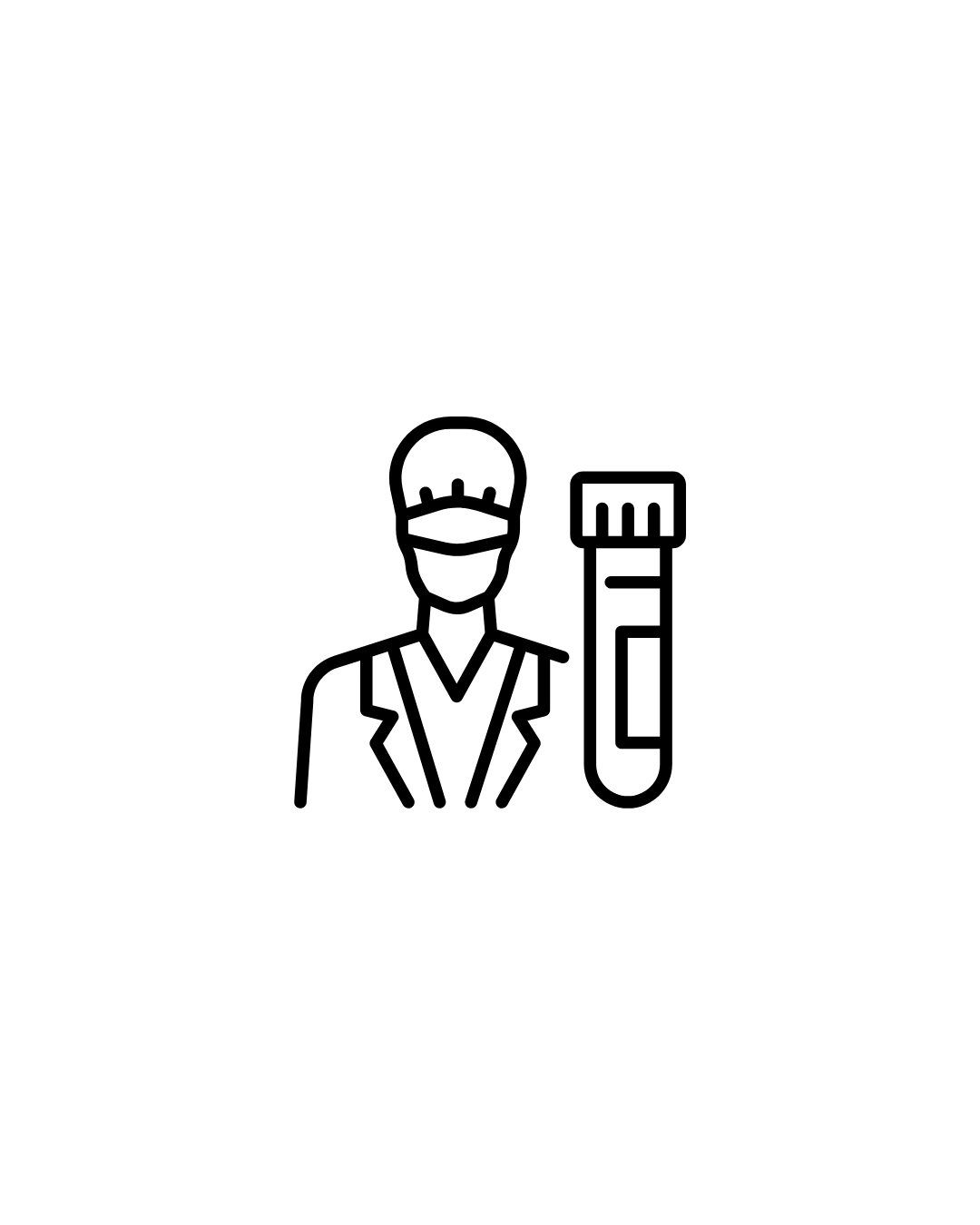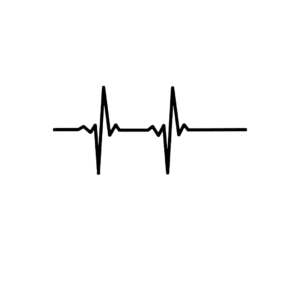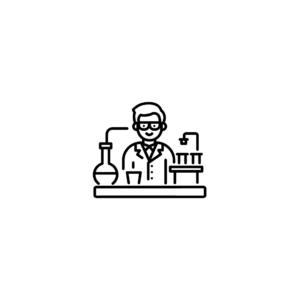Description
Overview of Diploma in Medical Lab Technology (MLT)
The Diploma in Medical Lab Technology (MLT) program is designed to train individuals to become skilled laboratory technicians who play a crucial role in the healthcare system. This program equips students with the knowledge and practical skills required to perform various laboratory tests, analyze samples, and assist healthcare providers in diagnosing and treating patients. Graduates of this program are essential to ensuring high-quality laboratory services in hospitals, clinics, and diagnostic centers.
Core Areas of Study in the MLT Program
Introduction to Medical Laboratory Technology
Overview of the role and responsibilities of medical laboratory technicians, including laboratory operations and healthcare systems.
Human Anatomy and Physiology
Study of human body systems, focusing on how they relate to laboratory testing and diagnostic processes.
Clinical Biochemistry
Analysis of biological fluids, including blood and urine, for biochemical markers related to health and disease.
Microbiology
Study of microorganisms, including bacteria, viruses, fungi, and parasites, and their role in diseases, diagnostic techniques, and laboratory safety.
Hematology
Examination of blood components, including red blood cells, white blood cells, and platelets, and understanding blood disorders.
Immunology and Serology
Principles of immune responses, tests for detecting antibodies, and the diagnosis of immunological disorders.
Pathology
Understanding disease mechanisms, the pathological changes in tissues and organs, and methods of investigating these changes.
Laboratory Techniques and Quality Control
Training in laboratory procedures, equipment operation, sample handling, and implementing quality control measures.
Health and Safety in the Laboratory
Understanding laboratory safety protocols, handling hazardous materials, and maintaining a safe work environment.
Curriculum Structure
A typical Diploma in Medical Lab Technology program may include:
Core Courses: Key subjects covering various aspects of laboratory technology, including biochemistry, microbiology, and hematology.
Laboratory Practical: Hands-on training in laboratory techniques and instrumentation to develop technical competencies.
Clinical Rotations: Real-world experience in hospital or clinical laboratories where students apply their knowledge and skills under supervision.
Elective Courses (if applicable): Options may include specialized topics such as cytotechnology or molecular biology.
Capstone Project or Internship: A final project or clinical experience emphasizing the integration and application of knowledge in medical laboratory technology.
Admission Requirements
Admission to a Diploma in Medical Lab Technology program typically requires:
A high school diploma or equivalent, with a strong foundation in science subjects, particularly biology and chemistry.
Minimum GPA requirements may vary by institution but are generally around 2.5 or higher on a 4.0 scale.
Some programs may require letters of recommendation and a personal statement detailing the applicant?s interest in laboratory science.
Skills Developed in the MLT Program
Graduates of the Diploma in Medical Lab Technology program will develop essential skills, including:
Technical Proficiency: Ability to perform a wide range of laboratory tests using various techniques and equipment accurately.
Analytical Skills: Proficiency in analyzing test results, troubleshooting issues, and ensuring the reliability of laboratory findings.
Attention to Detail: Precision in conducting experiments, maintaining records, and adhering to standard operating procedures (SOPs).
Health and Safety Awareness: Knowledge of laboratory safety practices and the ability to manage hazardous materials appropriately.
Teamwork and Communication: Skills for collaborating effectively with healthcare professionals and communicating test results clearly.
Career Opportunities
Graduates with a Diploma in Medical Lab Technology can pursue various career paths, including:
Medical Laboratory Technician
Performing laboratory tests, analyzing samples, and contributing to patient diagnoses.
Clinical Laboratory Technologist
Operating laboratory equipment, conducting specialized tests, and managing quality control processes.
Hematology Technician
Focusing on blood analysis, including testing for blood disorders and managing blood banking operations.
Microbiology Technician
Conducting microbiological analyses and assisting in the diagnosis of infectious diseases.
Quality Control Analyst
Ensuring laboratory standards and quality control measures are met in clinical and research environments.
Conclusion
The Diploma in Medical Lab Technology program prepares students for a rewarding career in the healthcare field, focusing on laboratory diagnostics and patient care. By equipping graduates with comprehensive skills and knowledge, this program plays a significant role in improving health outcomes and supporting physicians in their diagnostic processes. If you have any further questions about the Diploma in Medical Lab Technology program or related topics, feel free to ask!









